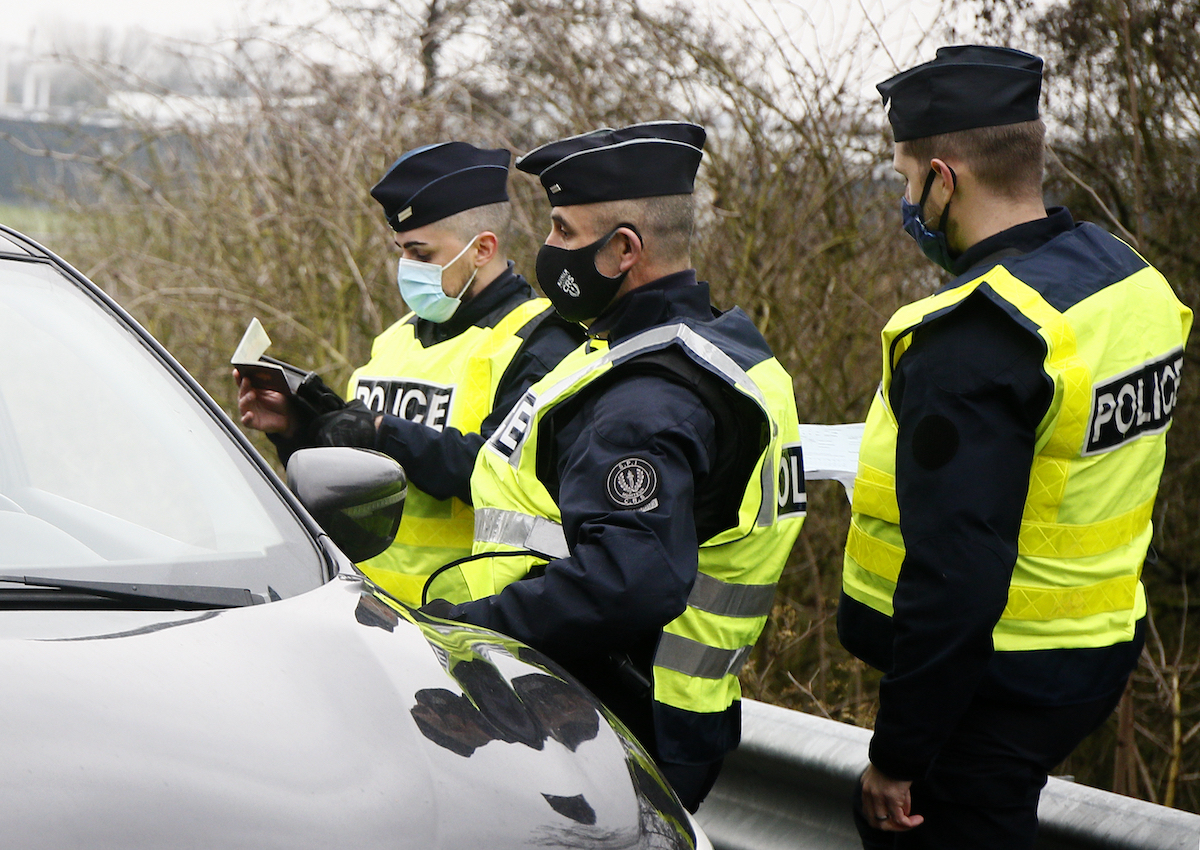On Jan. 27, six nongovernmental organizations including Human Rights Watch and Amnesty International contended to Prime Minister Jean Castex and France’s interior and justice ministers that the current law enforcement practices needed to be evolved with a lawsuit, according to AP News.
According to Al Jazeera, this is the first class-action discrimination lawsuit based on color or supposed ethnic origins in France. It contains 50 testimonies from victims of racial profiling, including from children as young as 12.
Some reports include stories of law enforcers of color who have reported getting profiled themselves while off duty.
“When I’m not in uniform, I’m a person of color,” a police officer in Paris unrelated to the lawsuit said. Although police need a legal basis for their actions, the officer said “80% of the time they do checks [based on] heads” or based on how people look.
A 2016 study carried out by the Defender of Rights found that of the representative sample of more than 5000, “80% of people corresponding to the profile of ‘young man perceived as black or Arab’ say they have been checked in the last five years.” Only 16% of the rest of the respondents reported being checked within the last five years.
Non-profit groups believe these ID checks are a leading contributor to racial profiling, while law enforcement argues the process is necessary for preventing and fighting crime levels. However, according to AP News, the amount of executed ID checks has been lowered and crime levels have not been affected.
AP News also stated there is no intention of monetary compensation from the NGOs, moreover it does not blame the individual, it blames the institution for generating the rules, habits and officers that it did. The sole objective of the class-action lawsuit is the reformation of a systemically racist policing procedure.
According to Human Rights Watch, the desired reform includes: amending the Code of Criminal Procedure to explicitly prohibit discrimination in identity checks, adopting specific regulations for stops involving children and creating an effective complaints system.
Footage has been released of President Emmanuel Macron labeling racial profiling as “unbearable,” yet his administration simultaneously pushes to pass a new security bill that people argued would exacerbate police brutality.
According to The New York Times, the proposed bill is meant to prevent French law enforcement from being “physically or mentally harmed” by prohibiting the public from filming, photographing or broadcasting “the face or any other identifying element” of any active duty officer. The penalty for violation is set up to a year in jail and a fine the equivalent of $54,000.
In addition, The New York Times suggested the bill’s contents are primarily vague and general language, well suited for legal objections and inconsistency. The law would authorize government drones to fly around public areas recording citizens at leisure—as well as allowing police body-cams to be live-streamed to authorities 24/7.
The bill would restrict the public from filming on duty officers but simultaneously authorize those same officers to have all interactions with the public constantly on surveillance.
Legal procedure in France dictates four months of discussion must occur before taking the case to court, in an attempt to appease the prosecution and reach settlement without judicial interference, according to Al Jazeera.
The confirmed execution plan for legal reformation will be announced at a conference in Paris following this mandatory discussion period.
“The procedure the groups initiated should spur the government to tackle the specific problem of discriminatory identity checks and its deep causes, in a serious way to end these abuses, in line with France’s obligations under national and international law,” Amnesty International stated. “The government should stop backing down, and following genuine consultation, undertake the necessary structural reforms.”






